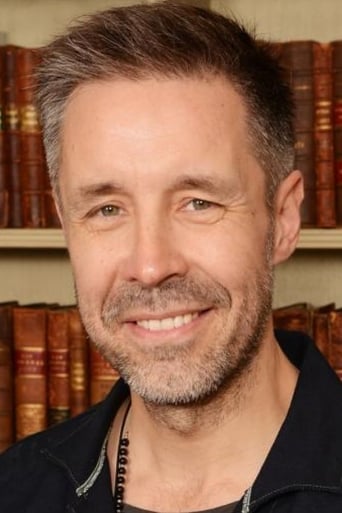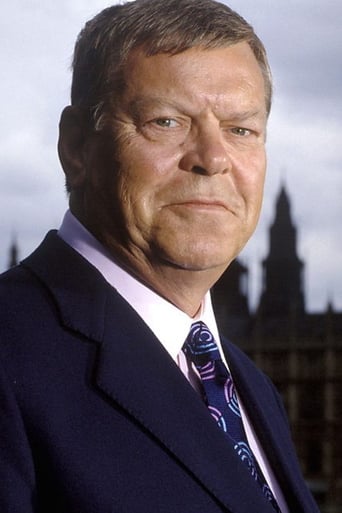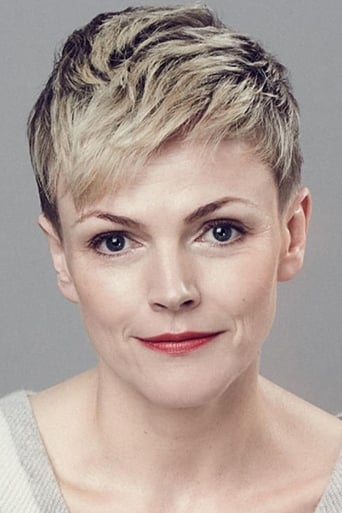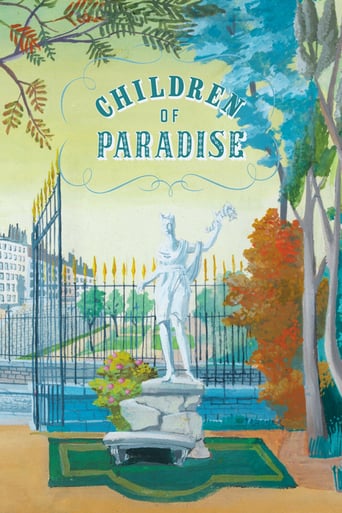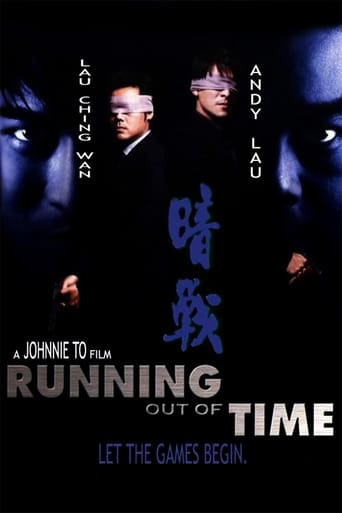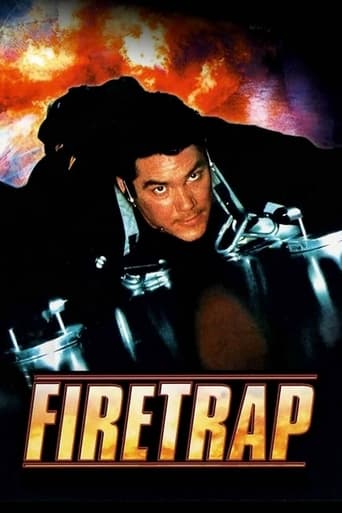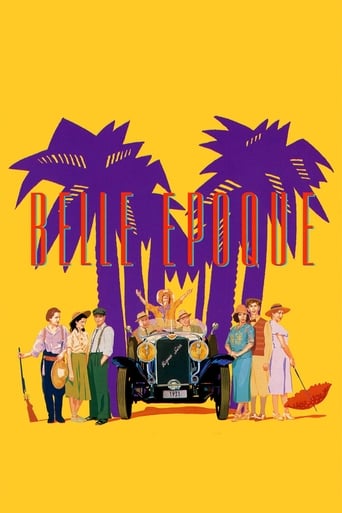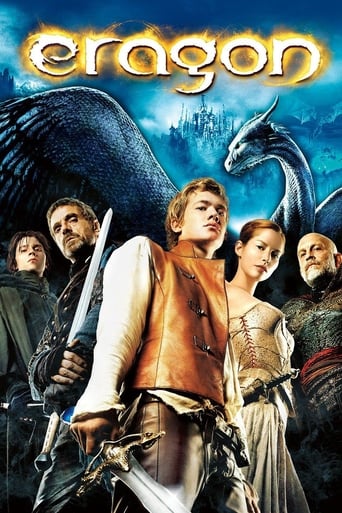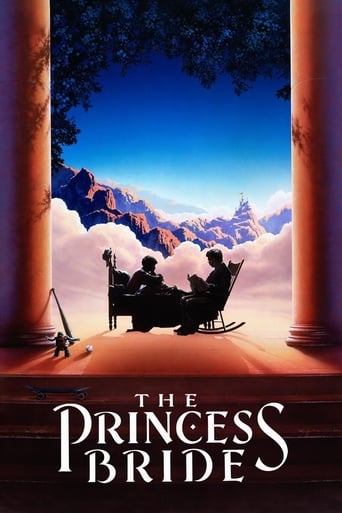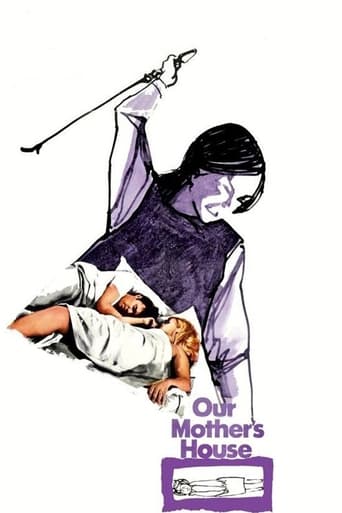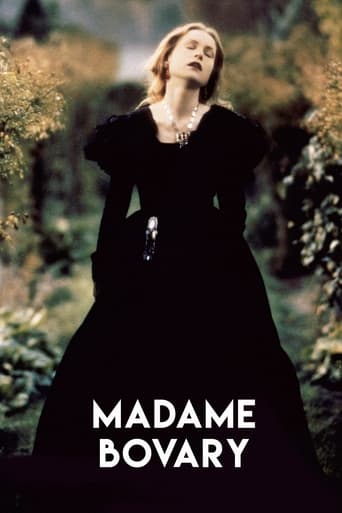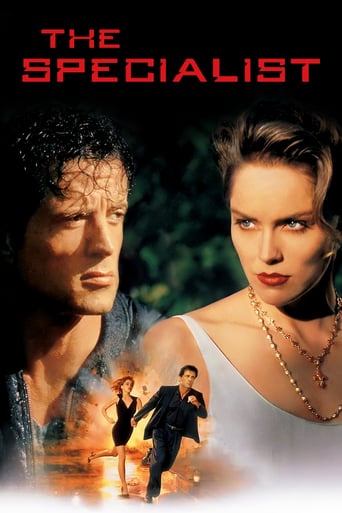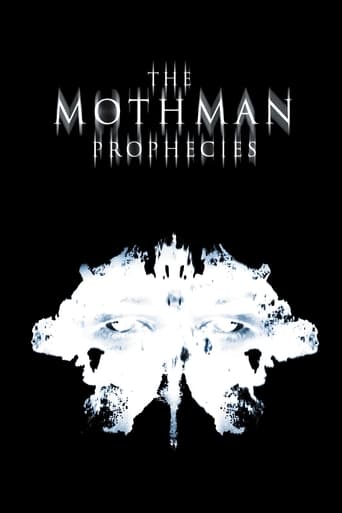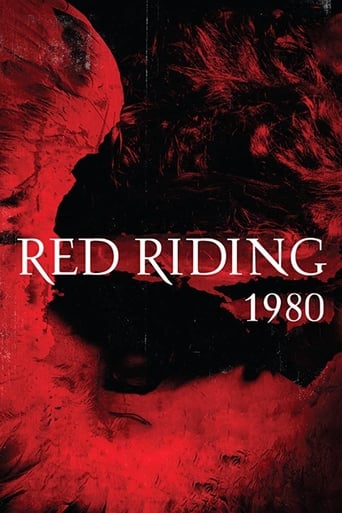
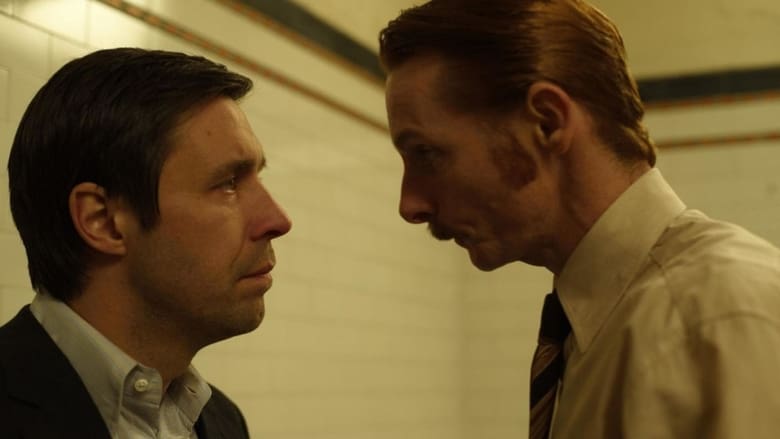
Red Riding: The Year of Our Lord 1980 (2009)
After 6 years of brutal murders, the West Yorkshire Police fear that they may have already interviewed The Ripper and let him back into the world to continue his reign of terror upon the citizens of Yorkshire. Assistant Chief Constable of the Manchester Police, Peter Hunter, is called in to oversee the West Yorkshire Police's Ripper investigation and see what they could have missed.
Watch Trailer
Cast


Similar titles
Reviews
Sean Bean Week: Day 7The Red Riding Trilogy is one of the most dense, absolutely impenetrable pieces of work I've ever seen, let alone attempted to dissect with my clunky writing skills. It's also fairly horrifying, as it chronicles the tale of the Yorkshire Ripper, an elusive and mysterious serial child killer who terrorized this area of Britain through the late 70's and early 80's. Viler still are the strong implications that very powerful people, including the brass of the West Yorkshire police, made every disgusting attempt to cover up the crimes and protect the killer, who's murders included that of children. It's a brave move by UK's Channel 4 to openly make such notions obvious within their story, and commendable the level of patience, skill and strong ambition in the undertaking is quite the payoff, whilst simultaneously taking a toll on you for sitting through it. The sheer scope of it must be noted; it's separated into three feature length films, each vastly different in setting, character and tone, and each blessed with a different director. The filmmakers even went as far as to film the first, which is set in 1974, in 16mm, the second in 35mm being set in 1980 and the third makes a leap to high definition video and takes place in 1983. Such a progression of time is a dismal reflection of the sticky corruption which clings to societies, decaying them stealthily over years, and the few keen individuals who will not let the truth die as long as there is a glimmer of uncertainty. Now, if you asked me exactly what happens over the course of this trilogy, who is who, what has happened to which characters and who is guilty, I simply wouldn't be able to tell you. It's a deliberately fractured narrative told through the prism of dishonest, corrupt psyches and has no use for chronology either. Characters who you saw die in the first film show up in the subsequent ones, actors replace each other in certain roles, and there's just such a thick atmosphere of confusion and despair that in the 302 minute running time I was not able to make complete sense. I think this is a great tactic to help you realize that the film means to show the futile, cyclical nature of reality, as opposed to a traditionally structured story with a clear cut conclusion. Events spiral into each other with little rhyme or reason, until we feel somewhat lost, knowing full well that terrible events are unfolding in front of our eyes, events that are clouded and just out of our comprehensive grasp in a way that unsettles you and makes you feel as helpless as the few decent people trying to solve the case. One such person is an investigative reporter searching for the truth in the first film, played by Andrew Garfield. He stumbles dangerously close to answers which are promptly yanked away by the sinister forces of the Yorkshire police, brutalized and intimidated into submission. He comes close though, finding a lead in suspiciously sleazy real estate tycoon Sean Bean, who's clearly got ties to whatever is really going on. The level of willful corruption demonstrated by the police is sickening. "To the North, where we do what we want" bellows a chief, toasting dark secrets to a roomful of cop comrades who are no doubt just as involved as him. The kind of blunt, uncaring dedication to evil is the only way to explain such behaviour, because in the end it's their choice and they know what they're doing. Were these officers as vile as the film depicts in the real life incidents? Someone seems to think so. Who's to know? Probably no one ever at this point, a dreadful feeling which perpetuates the themes of hopelessness. The second film follows a nasty Police Chief (David Morrissey) who is bothered by old facts re emerging and seems to have a crisis of conscience. Or does he? The clichéd cinematic logline "no one is what they seem" has never been more pertinent than in these three films. It's gets to a point where you actually are anticipating every single person on screen to have some buried evil that will get upturned. A priest (Peter Mullan is superb) shows up in the second film only to be involved in dark turns of the third. Sean Bean's character and his legacy hover over everything like a black cloud. A mentally challenged young man is held for years under suspicion of being the Ripper. A disturbed abuse survivor (wild eyed Robert Sheehan) seeks retribution. A Scotland Yard Detective (Paddy Considine) nobly reaches for truth. Many other characters have conundrums of roles to play in a titanic cast that includes Cara Seymour, Mark Addy, Sean Harris, James Fox, Eddie Marsan, Shaun Dooley, Joseph Mawle and more. The process in which the story unfolds is almost Fincher - esque in its meticulous assembly, each character and plot turn a cog in a vast machine whose purpouse and ultimate function are indeed hard to grasp. I need to sit down and watch it at least two more times through before the cogs turn in a way that begins to make sense to me, and a measurable story unfolds. It's dark, dark stuff though, presenting humanity at its absolute worst, and in huge quantities too, nightmarish acts that go to huge levels of effort just to produce evil for.. well, it seems just for evil's sake, really. The cast and filmmakers craft wonderful work though, and despite the blackness there is a macabre, almost poetic allure to it, beauty in terror so to speak. It's rough, it's long, it's dense and it thoroughly bucks many a cinematic trend that let's you reside in your perceptive comfort zone, beckoning you forth with extreme narrative challenge, an unflinching gaze into the abyss no promise of catharsis at the end of the tunnel. There's nothing quite like it, I promise you.
It's not a typical serial murderer story with slick knives and bath tubs of gore. It's dark and moody. It rains a lot and much of the story takes place at night. Typical scene: the chief investigator and the colleague he once was hooked up with sit in his car. The car's headlights are on, illuminating a blank wall where one of the murders took place. It's drizzling and the windshield wipers arc back and forth. The two people speak quietly to one another and the conversation is elliptic. Only gradually is it revealed that the two have had an affair.I'm giving this six stars because I think it was intelligent, deliberate, and thoughtful. But I didn't make it to the end, and what I did hear was sometimes unintelligible. I don't know whether it was the sound on my system or the acting or the Yorkshire accents. I weren't at all sure.I was confused too because this is evidently part two of a miniseries and I hadn't seen part one. I don't know whether that made a difference or not.Good luck with it.
This is part 2 in the trilogy, also known as the "non-awaited sequel" to one of the most dreary and depressing films of all time. I did review the first part, and so, duly forewarned BY READING MY OWN REVIEW, I did indeed know what I was getting myself into, but I have always liked watching Paddy Considine work at his craft, and that was my reason for continuing. The story? Deep, dark, bleak, corruption in a police department that is itself located in one of the deepest and darkest parts of England. How bleak you ask?? Let me simply say that the main story, the corruption, is set against a narrative backdrop of a serial killer who is also known as the "Ripper" -- and that part of the story generally offers the viewer a refreshing and upbeat tempo change from the central theme. Note, BTW, how the number of IMDb members reviewing this second part has dropped dramatically from the first. This trilogy is almost a psychological marathon, and those who can't take the pain, or fear they may possibly do themselves harm, just fall by the wayside and wait for the Red Cross van to collect them. In my review of Part I, I noted that the ending, amazingly, redeemed the entire production. I wish I could say the same here, but, as I write this, they are removing my belt and shoelaces...
Well shot and acted and all that, but if you think you're going to get a remotely satisfying ending with this trilogy, be forewarned. I signed up for IMDb just so I could vent at how much bulls#@!$ this final piece is. Not only does it plod along, it plods along to almost nowhere (there's a small amount of resolution), and then just kind of ends. All of the protagonists in this one are weak, and things descend into lubricious melodrama, that, on top of that, is completely implausible. Don't waste your time.Just because something is "gritty" and deals with extreme themes does not make it good. And just because a story has the "guts" to not allow for happy endings or catharsis, does not make the evil characters' actions logically plausible. The whole conspiracy in this series would be so difficult to pull off as to disallow suspension of disbelief. It's like the writer was like "we're edgy, we'll make it so that barely any justice ever happens to show that sometimes the good guys don't win. Damn, we are so raw!" But ignore how reality actually works.Damn, this mini-series (especially this installment) made me angry. I wish I could see it walking down the street so I could punch it in the face. Repeatedly.


